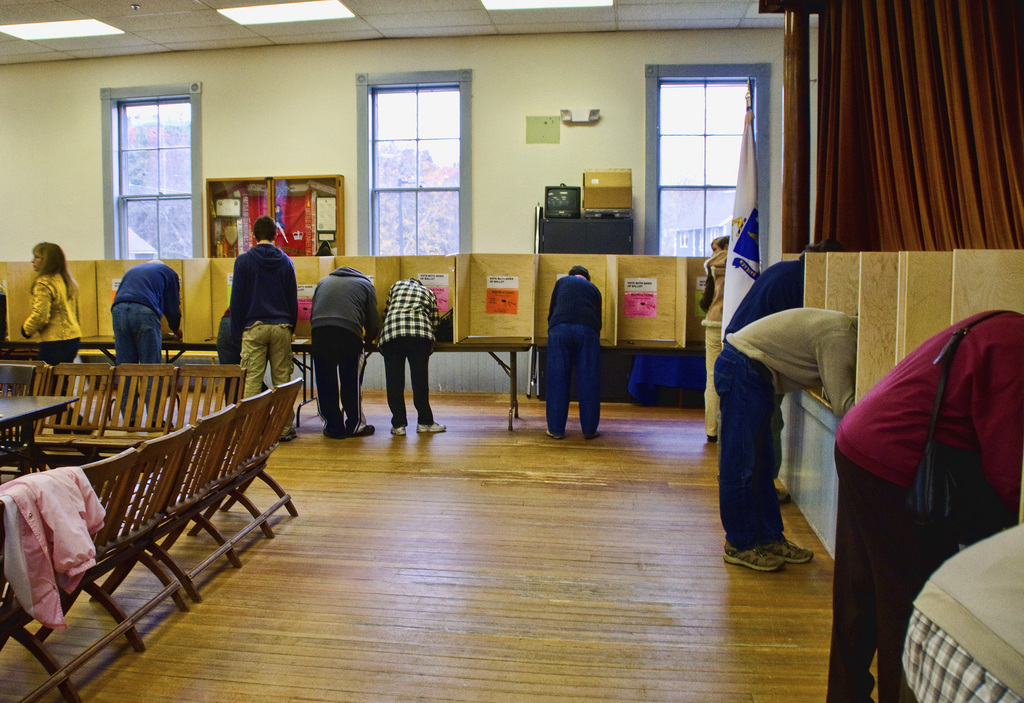| “No Child Left Behind” didn’t work. Various state laws requiring tests or threatening schools with closure if students don’t perform has a spotty record. We’re not quite sure about Common Core because we can’t seem to stop arguing about it long enough to see. So maybe the new requirement for high school seniors to pass a civics test before being allowed to graduate — now the law in Utah and five other states — will make a difference. |
| | Before you dismiss that notion, you should at least listen to the man behind it. Frank Riggs is president and CEO of the Joe Foss Institute, named for the late WWII hero who founded it. I spoke with Riggs Wednesday, just hours after the National Center for Education Statistics, an arm of the U.S. Department of Education, released the latest figures for what has become known as The Nation’s Report Card. This segment of the report card dealt with how well eighth graders know civics, U.S. history and geography. The results were predictably dismal. In U.S. history, only 18 percent scored above “proficient.” In geography, the figure was 27 percent, and in civics, 51 percent. In all three areas, the scores were virtually the same as the last time this report card was issued, four years ago. The needle hasn’t budged. The chairman of the National Assessment Governor Board, which sets policy for the report card, issued a statement saying the results are “unacceptable.” As quoted on edweek.org, he said of the three subjects, "They represent knowledge and skills that are fundamental to a healthy democracy.” To which Riggs would add a hearty, “Amen!” The Utah Legislature’s decision to add a civics test requirement for graduation has been roundly criticized, mostly from the education establishment, which complains about one more test disrupting curriculum. That has Riggs a little confused. “This is a subject matter that already ought to be part of their curriculum,” he said. “There is no greater purpose for education than to prepare young people for college, career and citizenship.” In Utah, students will be required to correctly answer only 35 of 50 questions from a naturalization test. They can begin taking the test in the sixth grade, if they like, and they can take it as many times as necessary to get a passing score. They ought to be learning these things anyway, so no extra instruction is needed. Riggs, an Army veteran, former congressman and eight-year CEO of the Charter Schools Development Corporation, said he understands how education can get caught up in gimmicks and trends. He doesn’t see the civics test as one of those. “We have been relegating civics to a secondary subject,” he said. That can be scary when one considers that today’s students will become tomorrow’s voters and taxpayers. I share his concern, but I am a bit less confident that the civics test will move the needle on education. Even if it does, civics is just one aspect of a larger problem. The Nation’s Report Card is administered in segments. The math and reading scores have been just as dismal. Meanwhile, a Pew Research Center test of adults, known as the News IQ Quiz, was released Tuesday. While it wasn’t a complete disaster (91 percent correctly identified a photo of Marin Luther King Jr., and 78 percent knew Guantanamo is in Cuba), the breakdown by age was telling. Generally speaking, the younger you are, the less you know. Only 33 percent of young Millennials, for instance, knew Republicans control 54 seats in the Senate. The only way to get students to learn better is to completely and radically change public education to a system that encourages and rewards learning, rather than one that rewards time spent in a classroom. But this has to be done with the full cooperation of the education establishment — a high hurdle to cross. Riggs, as it turns out, agrees. He speaks fondly in terms such as “maximum education freedom,” “differentiated learning,” and “combining bricks and mortar with online time.” But in the meantime, he hopes getting all states to adopt civics requirements will bring an emphasis to a subject vital to democracy. It can’t hurt. |


 RSS Feed
RSS Feed

